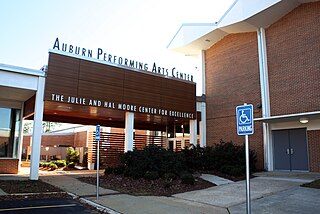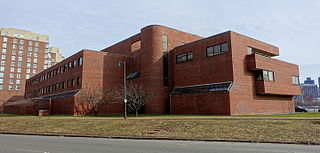 W
WA learned society is an organization that exists to promote an academic discipline, profession, or a group of related disciplines such as the arts and science. Membership may be open to all, may require possession of some qualification, or may be an honour conferred by election.
 W
WThe American Venous Forum (AVF) is the major national academic society focused on venous and lymphatic disease in the United States. Its mission includes education, research, and advocacy.The AVF is the sponsor organization for the Journal of Vascular Surgery Venous and Lymphatic and for the American Venous Forum meeting.
 W
WThe Brassey Institute at 13 Claremont in Hastings, England, was founded by Thomas Brassey in 1879 and, as the Brassey School of Science and Art, provided for the study of arts and the sciences. It opened a chemistry laboratory in the Old Town of Hastings around 1900. The building has housed the town's library for decades. Stocking 11,000 volumes as of 1933, the Institute also housed a museum devoted to natural history, archaeology and local art.
 W
WA center of excellence (COE) is a team, a shared facility or an entity that provides leadership, best practices, research, support and/or training for a focus area.
 W
WThe Hong Kong Applied Science and Technology Research Institute Company Limited (ASTRI) was established up by the Hong Kong Special Administrative Region Government in 2000 as an R&D centre for information and communications technologies. The Institute states its objective as 'enhancing Hong Kong’s competitiveness in technology-based industries through applied research'.
 W
WIndian Institute of Science Education and Research Kolkata is an autonomous public research university in science and education field located in Mohanpur near the town of Kalyani in Nadia district, West Bengal, India. It was established by the Ministry of Human Resource Development in 2006 and promoted to the status of an Institute of National Importance in 2012 vide the NIT Amendment Act. It is one of seven Indian Institutes of Science Education and Research, and was the first of the IISERs to be established along with IISER Pune. It is considered to be one of the leading institutes of India in terms of research output, and was ranked 5th in the country by the Nature Index. Bidhan Chandra Krishi Viswavidyalaya(BCKV) & MAKAUT are other nearby Institutions.
 W
WA learned society is an organization that exists to promote an academic discipline, profession, or a group of related disciplines such as the arts and science. Membership may be open to all, may require possession of some qualification, or may be an honour conferred by election.
 W
WThis article lists those scientific organisations and other nationally or internationally recognised groups that specifically reject intelligent design as a valid alternative to evolutionary theory.
 W
WAn observatory is a location used for observing terrestrial, marine, or celestial events. Astronomy, climatology/meteorology, geophysical, oceanography and volcanology are examples of disciplines for which observatories have been constructed. Historically, observatories were as simple as containing an astronomical sextant or Stonehenge.
 W
WOmeljan Pritsak Research Center for Oriental Studies — Ukrainian research center founded in 2009 in the National University of Kyiv-Mohyla Academy. The center was founded in 2009 and named in honour of Omeljan Pritsak — famous Ukrainian medievalist and orientalist. It was founded to support Oriental studies activities and achievements in the university and Ukraine.
 W
WThe Rowland Institute for Science was founded by Edwin H. Land, founder of Polaroid Corporation, as a nonprofit, privately endowed basic research organization in 1980. It is named for the first head of the American Physical Society, Henry Augustus Rowland. The Rowland is dedicated to experimental science across a wide range of disciplines. Research subjects at the institute includes chemistry, physics and biology, and focus on interdisciplinary work and the development of new experimental tools.
 W
WThe Slavonic Library in Prague is a publicly accessible specialised research library for the field of Slavic Studies. It is one of the largest and most important Slavic libraries in Europe. Since its foundation in 1924, it has been systematically complementing, processing and making accessible its collection of world research Slavic literature and selected original production of Slavic authors. Its depositories contain more than 850,000 volumes of library documents, a collection of maps, posters, visual and artistic materials, and numerous collections of special documents.